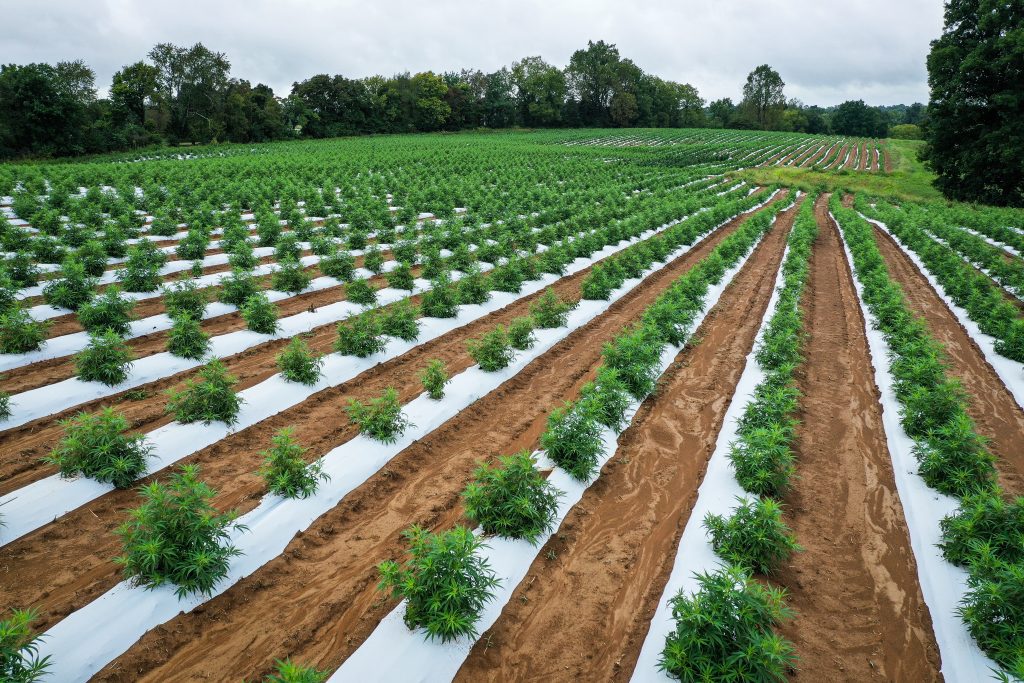
By Ashley Robinson
North Carolina is still operating under the state’s pilot program, just as it has since 2017 when the program started. If you want to grow hemp, you will need to apply for a license from the North Carolina Department of Agriculture and Consumer Services (NCDA&CS). However, that will all change soon.
“Something is going to have to happen by Nov. 1,” says Jeanine Davis, Extension specialist and researcher in the Department of Horticultural Science at North Carolina State University.
The state’s pilot program expires October 31, 2020, which leaves two options moving forward: North Carolina can submit a state plan to the United States Department of Agriculture (USDA) for approval, in which case the (NCDA&CS) would continue to regulate hemp licensing; or the state can go under the USDA’s plan, which would mean that growers would apply for a license directly from the USDA.
Davis said a final decision hasn’t been made yet, but growers are waiting in anticipation.
N.C. Hemp Pilot Program Sees Success
Since the state’s pilot program began in 2017, hemp has proven to be a successful and exciting crop for North Carolina.
“We can grow beautiful hemp all across North Carolina,” says Davis. “It takes some time and experience to learn how to grow it. But we see good crops being produced all across the state.”
According to Davis, the issues growers have seen haven’t been in crop production but rather in areas such as financing and markets.
“Hemp is unique because we’re all learning it together. We didn’t have established markets or a lot of information to draw on. So our markets are developing right along with the growers,” Davis said.
She advises new growers to focus on efficiency.
“In our first couple of years, if you were able to grow good hemp, you could probably sell it. But this year, you’re really going to have to concentrate on being a very efficient grower and doing things well.”
In the first couple of years, growers had to rely on hand labor because of the lack of appropriate equipment to grow and harvest hemp. Now, growers need a specialty, niche market lined up that will pay high enough prices to cover those labor costs. If not, growers are going to have to mechanize and increase efficiency to stay competitive.
Overall, Davis is excited about what hemp means for agriculture in the state.
“It’s a very exciting time to be in agriculture. I love seeing a new crop such as hemp that has been embraced by so many. It’s been interesting to see this crop develop and to see it engage people of all ages and all walks of life,” Davis said.









